Facebook defines organic reach as “how many people you can reach for free on Facebook by posting to your page.” The key word here is “free,” because for many of the 1.62 billion people who use Facebook every day, keeping in touch with friends and sharing selfies doesn’t cost a dime.
When Facebook launched “Fan Pages” in 2007, anyone could create a business page, start attracting fans, and post an unlimited amount of free content that could be seen by everyone. Those days, however, are long gone.
By 2012, organic reach had dropped considerably and only a fraction of Facebook fans – about 16 percent – were seeing the organic posts in their news feeds. By March of 2014, that percentage dropped to 6.5% and even as low as 2% for pages with over 500,000 likes - but it didn’t stop there.
Facebook adjusted its algorithm once again in 2016 to prioritize content from family and friends over Pages which meant that organic reach had dropped even further to where it currently stands - now 1% to 2%. In other words, only one or two out of every hundred followers you have will see your organic (non-boosted) posts on their News Feed.
Why is this happening?
Facebook is a for-profit business, and just like any other publicly-traded corporation the ultimate goal is to make money - but that’s not the only reason for the decline in organic reach.
Facebook has grown so large and has so many users that the amount of content is simply too large to show everything to everyone. If a user is bombarded with every post published by every page they like, their News Feed would be filled with nothing but ads.
By restricting - and eventually eliminating -organic reach, Facebook can show users content that is relevant to them and in turn filter out most of the junk that would otherwise overwhelm their pages. Let’s face it; nobody wants to spend hours sifting through the sheer volume of content to see a few relevant posts. The truth is that Facebook has to do this in order to stay viable.
What can we do about it?
Businesses wishing to reach a larger percentage of their audience can accomplish this by “boosting” their posts, which requires paying to increase their reach. The amount of money required to boost each post depends on several factors, but basically boils down to this – the more followers you wish to reach, the more it’s going to cost you.
On the surface, this may seem like a giant cash-grab by Facebook, but the reality is that it’s just another form of advertising like newspapers or billboards – and nobody expects to appear there for free.
In fact, advertising on Facebook provides distinct advantages over traditional forms of advertising. First of all, businesses can target ads to reach a very specific set of demographics - which allows them greater control over how their ad budget is spent.
Facebook also provides an amazing amount of data which is invaluable to marketers by showing exactly what’s effective and what’s not – thus creating a greater ROI. It’s also relatively inexpensive to advertise on Facebook compared to many other traditional forms of advertising, although those costs are rising rapidly.
Despite all of the changes that Facebook continues to make, it is still one of the most effective ways for many businesses to reach their audience. There are still over 2 billion active Facebook users and they spend, on average, about an hour each day on the platform. You can still reach those customers, but now you’ll have to pay more in order to do so.
The most important thing businesses can do is stop obsessing over organic reach and start embracing Facebook as a results-focused advertising platform with the ability to market directly to specific audience - we can help you do just that! If you have any questions, or would like to know more, please comment below or call us anytime at (941) 806-1911 request a consultation.

